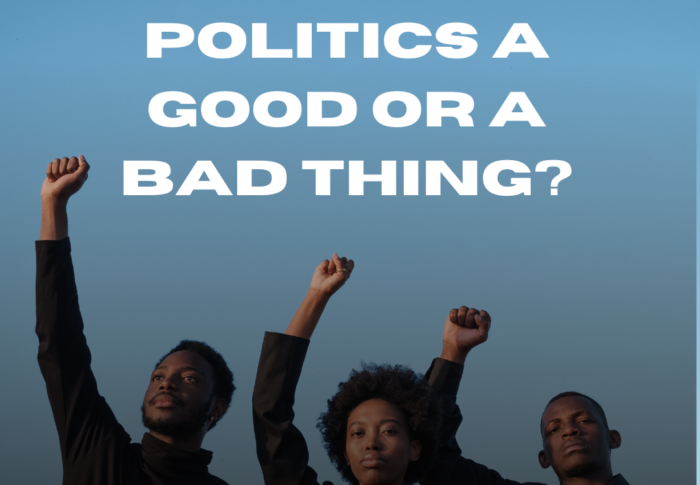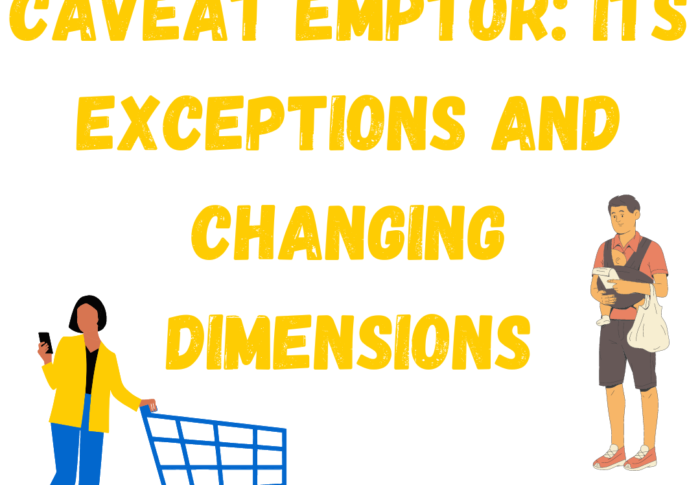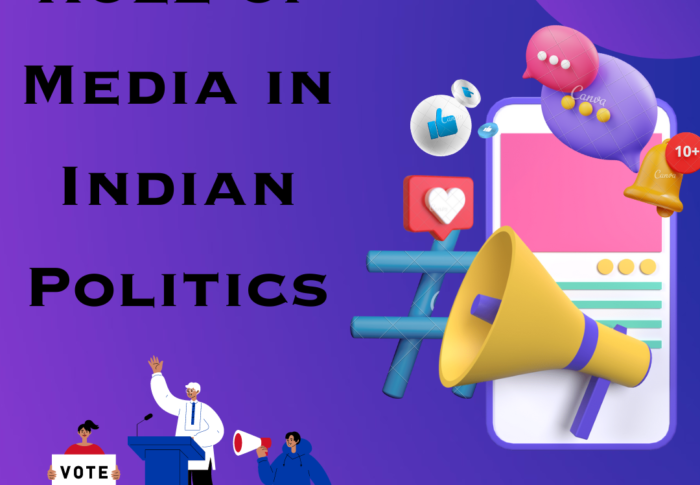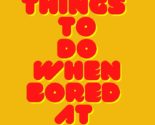
Homophobia in the Indian Society
AUTHOR : SREEJITA KARMAKAR
Introduction
Homophobia refers to various negative attitudes and improper treatment meted out to homosexual individuals that may be expressed at individual, cultural, and institutional levels. While homophobia can generally be applied to those considered lesbian or gay, the term is also used to refer to bisexuals, transgenders, and transsexual individuals. However, there are specific terms to refer to different types of LGBTQ+ individuals that reflect specific orientations; like Lesbophobia for homophobia directed toward lesbians (women who are attracted to women), and Biphobia, referring to homophobia meted out to bisexual (people who are attracted to more than one gender) individuals.
Homophobia in Indian Society
Homosexuality in India has been a topic of discussion from ancient times to modern times. Hindu texts have acknowledged homosexual characters and themes. Rigveda, one of the four canonical sacred texts of Hinduism says, Vikriti Evam Prakriti – which means what seems unnatural is also natural – which some scholars believe, refers to homosexual dimensions of human life, like all forms of universal diversities.
Considering that India is a land that thoroughly believes in and follows the many sacred texts written in India, people should also be assumed to accept homosexuality as a dimension of human life, right? Turns out, more than half the people in India are still against the idea of homosexuality. They not only do not support the thought of homosexuality, but in some cases, they also blatantly ignore its existence, even though this has been coming down through the ages, just like the love between a man and a woman.
Despite what the Indian Society had to say, on 6th September 2018, the Supreme Court of India invalidated a part of Section 377 of the Indian Penal Code, hence making homosexuality legal in India. Due to the abolition of the colonial-era law that made gay sex punishable by up to 10 years in prison, one judge said the landmark decision would “pave the way for a better future.”
One would expect things to start looking up after the legalization of homosexuality in India, but unfortunately, people have barely considered this change and pushed aside the subject to avoid discussion on it.
In the 90s people used to call other people gay to mock and insult them. Back then the words gay and eunuch were used interchangeably. People were ignorant and bigoted towards homosexuality. And it’s almost ridiculous that living in the 21st century, in the India of today where homosexuality has been finally recognized and legalized, some people continue to be blind. The proof is on YouTube, where Indian YouTubers call people using homophobic and transphobic terms, like “chakka”, “hijra”, “meetha” and whatnot in order to roast them under the guise of ‘humour’ and ‘friendly bullying’.
Wrong and Right
When I went to school, I was exposed to the world of criticisms in the worst ways possible. We learn most of our life lessons in school, and we learned about so many wrong things for many years in a row, without anybody there to differentiate between wrong and right.
Two boys in our school were termed ‘not manly enough’ by their friends because they were soft-spoken and emotional. The two were best friends with each other and were class monitors. They cried when the teachers scolded them, chose to read books, or simply talked away from the school playground where the other boys played football or cricket during the Games period. They were labelled effeminate because they had different tastes. Once a teacher scolded the class for being so harsh and judgemental about their friends, and then is when things toned down a bit, but never really disappeared.
There was an actual incident in my school when the kids from our senior classes were having their joined Games periods and a group of those kids saw a few eunuchs passing by outside the school premises. The kids started to mock them and the eunuchs complained to the Principal of our school. The kids were merely suspended for a few days and they came back again, unbothered as ever. I remember feeling ashamed of studying in the same school as them.
There is a very close friend of mine, who is afraid to come out to her parents as bisexual. She came out to us when we were in school instead and said it gave her immense relief to be finally out of the closet to at least her friends. We supported her and I am still so proud of her. We made such great memories as friends because fortunately, my little circle of friends was so supportive and kind. We understood each other and helped each other when nobody else cared. That friend of mine and I still talk now and then.
I had to share these stories to point out what we learned about Homosexuality in school, which sums up to nothing. Nobody ever taught the kids to be open-minded. When someone would ask them to change their perspectives, they would call them names behind their backs. This was the school where my classmates mocked people different from them, my other classmates were subjected to the mocking and my close friend was convinced her parents would never accept her if she came out to them.
LGBTQ+ Themed Bollywood Movies
Some Bollywood movies have brought out on screen LGBTQ+ themes and they were vivid and brimming with life and meaning, like:
‘Fire’, which is a movie loosely based on a short story by Ismat Chughtai. In the movie, writer and director Deepa Mehta has discussed issues like homosexuality and a woman’s sexual freedom explicitly. The movie was not received well by the fanatic political groups of India, who staged protests to ban the movie.
‘Memories in March’ is a movie that explores a mother’s journey from learning the news about her son’s death and coming to terms with the shocking discovery about his sexual orientation.
‘Aligarh’ is a movie by Hansal Mehta which was based on the true story of Professor Ramchandra Siras, who was suspended from Aligarh University on grounds of morality after a few men barged into his house and found him having consensual sex with another adult man.
‘Ek Ladki Ko Dekha Toh Aisa Laga’ that featured Sonam Kapoor Ahuja playing the role of a Punjabi girl who is in love with another woman.
‘Shubh Mangal Zyada Saavdhan’ is a movie about a gay man and his partner, who have trouble convincing the former’s parents of their relationship.
…and many more.
How to Stop Homophobia
The best way to prevent homophobia from spreading in our society is to not look at homosexuality as if it’s a crime. It is never a crime to love someone, regardless of their gender. And this is what should be taught to the younger generation. If you teach someone something when they are a kid, they are going to stick by what you taught them when they grow up. Trying to reason with the older or middle-aged generation is harder because of the stigma they have created against the whole concept of homosexuality. But people are slowly starting to accept homosexuality in India and hopefully, more movies and books will come out in the near future that can throw some positive light on the theme of homosexuality in Indian society.
Conclusion
It is the Pride Month of 2021 and it has been 3 years since homosexuality has been legalized in India. But it is still stigmatized in many places in India. Gay and Lesbian couples face threats of honor killing and have to run away from their families. We have to learn to accept our family members for who they are. If we truly love someone, their sexual orientation should not change our love for them. Here’s to hoping better days will arrive, and someday the stigma against homosexuality will be erased not only from India but all over the world.
FOR MORE INFORMATION VISIT OUR SITE






